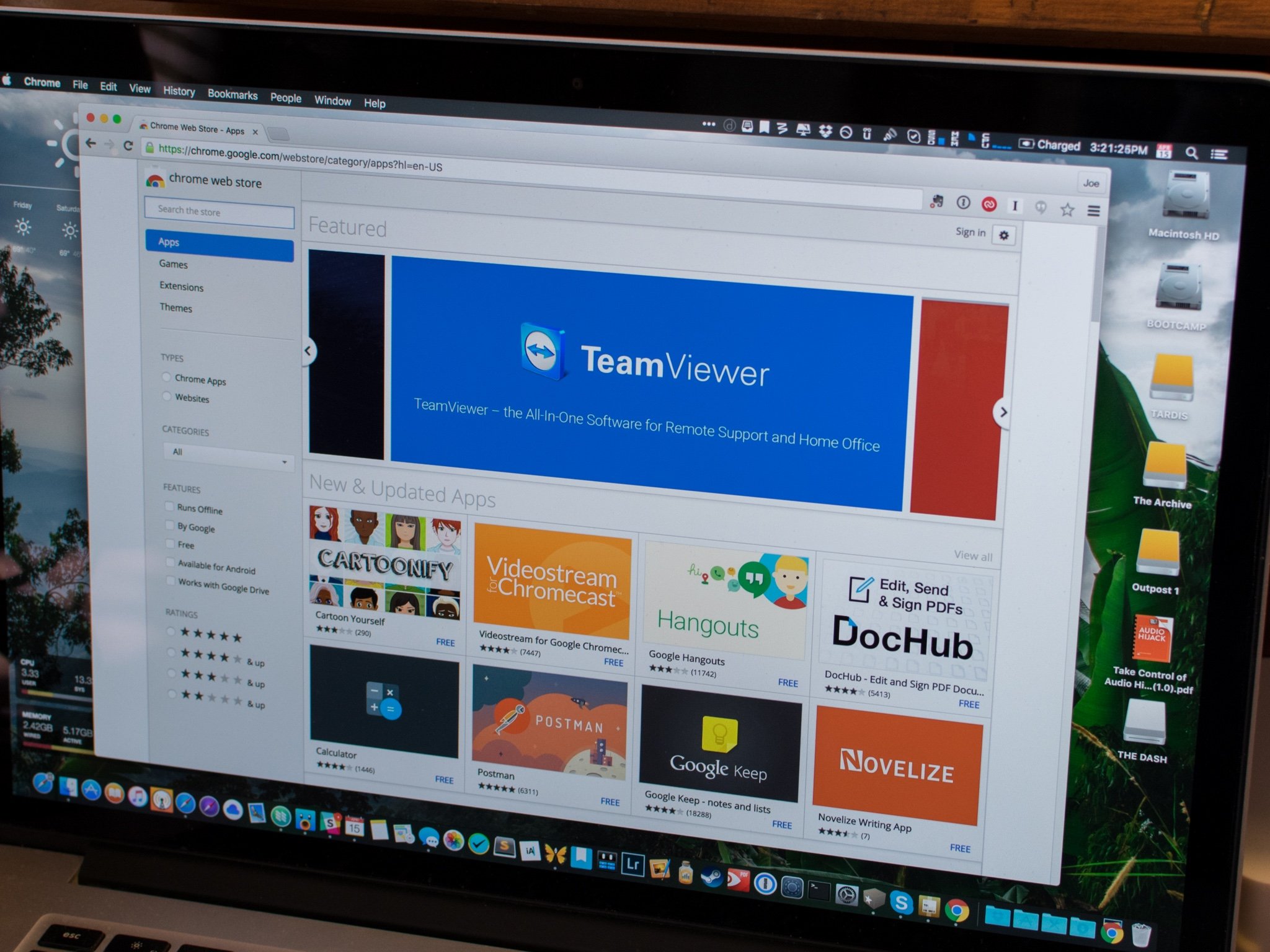Google temporarily suspends paid extension updates in the Chrome Web Store

What you need to know
- The Chrome Web Store will no longer accept paid extensions.
- Updates to paid extensions already published have also been blocked.
- The change in policy is a temporary measure aimed at halting a tide of fraudulent transactions involving the extension marketplace.
While Google this week launched experiments that make its browser much harder to use, it's also been dealing with others' attempts to mess with Chrome. Over the weekend, Simeon Vincent, Extensions Developer Advocate at Google, told Chrome Web Store developers that the company was temporarily suspending all paid extensions.
This means that paid extensions will no longer be accepted into the Chrome Web Store, and those that have already been published will no longer receive updates.
Google explained the rather harsh change by referring to a recent uptick in fraudulent transactions involving the paid extensions. Vincent further clarified that this was not a permanent move, however, and is meant to be a stopgap while the search giant figures out how to tackle the issue:
Due to the scale of this abuse, we have temporarily disabled publishing paid items. This is a temporary measure meant to stem this influx as we look for long-term solutions to address the broader pattern of abuse.
For developers whose software has been rejected for "Spam and Placement in the Store," he suggests this change in policy is the most likely reason for it. Those affected are asked to reply to the rejection email with a request for an appeal, at which point Google may decide to approve your extension update. However, Vincent points out that this process must be repeated for every single version update.
The message, posted to the Chromium Extensions forum on Google Groups, also clarifies that the change only affects extensions that make use of the Chrome Web Store's payment options; so extensions that rely on payment via their own website, for example, may be exempt from the clampdown.
The post made no references to when the ban would be lifted. "We do not have a resolution timeline at the moment," said Vincent.
Google Chrome adds real-time phishing protection and compromised password warnings
Get the latest news from Android Central, your trusted companion in the world of Android

